Who's teaching people that intellectual freedom can exist inside internet moderation schemes?
"You'll know nothing, and be happy"
The recent efforts by
and Jonathan Katz to force Substack to practice more censorship, by offering the excuse that Nazis exist, seems to have failed for the moment. Both and provided excellent descriptions of what transpired.The efforts exemplify what seems like an on-going campaign to indoctrinate the naive and the authoritarian-minded in “Trust and Safety Team” catechisms which seek to normalize censorship as a part of the social media experience.
The big fish apologists and small fry champions of this moderation ideology often depict conditions which yield actual intellectual freedom (everyone has their own block buttons, go!) as something akin to Prometheus’ fire (too hot for mere free-thinking individuals to handle!!!).
Many state and non-state voices have encouraged individuals to accept, embrace and prefer third-party “moderation” schemes to individual responsibility for interacting with a world full of words which can just as easily carry truth, lies, mistaken notions, valuable insights and monstrous ideas.
With the centrally operated social media platforms now nicely controlled, such missionaries now have a new territory to make safe! The Fediverse. I will default to a lazy Wikipedia definition:
If you are not yet familiar with the term “Fediverse” or the “place”, you can read more about the decentralized hopes and dreams for it here…
and you can read about the fears enumerated by those who don’t trust individuals with their own block buttons here, enumerated unironically in a Journal of Free Speech Law article from 2023.
So what motivates those campaigning for this moderation in the Fediverse? Are they:
A. Useful idiots who mistakenly believe that appointing third-party censors will not distort information flow and advantage the powerful and those with conventional, Overton Window approved views?
B. Operators intent on selling the public on “moderation” in a way that benefits their commercial and/or political clients?
C. Sometimes both?
Here is the headline for a recent interview conducted by Big Tech figure, Mike McCue on his podcast, DotSocial.
In this interview, Chambers and McCue wax enthusiastic at the thought that the decentralized Fediverse will have more moderators per user than a centralized social media platform, and just generally talk about moderation as an unmitigated good. So, who is Tim Chambers?
He’s looking to sell the services of “Dewey Digital” to those running political campaigns.
Ah, okay, and as seen on LinkedIn, he has another product which no one with the faintest sense of how knowledge develops could love:
Hm. His particular “misinformation” detection product seems to have a partisan flare.
Despite the stiff whiff of limited hangout gorgonzola which attended the disgorgement of select information via the Twitter Files, journalists including
showed clearly that significant government resources had been deployed through more than a few political moments to advance and suppress various narratives, both “legally” and probably unconstitutionally. Private-public-partnerships in the area of narrative control were shown to be highly developed.Does Tim Chambers’ outfit work with departments within the U.S. government? No idea. Maybe Mr. Chambers is simply a guy who would rather interact with people in a moderated world. Maybe he just wants to make a little money helping others figure out how to encourage that perspective and so relegate people who’d prefer to allow people in their “instances” without a perspective litmus test, to an echo chamber with which the great moderated Overton Window majority will never interact.
But, regardless of his particular motives, it would strain credulity to think that state actors and other powerful entities don’t have Fediverse narrative control mechanism installation on their to-do lists.
No law constrains powerful entities from adopting and pushing for illiberal policies. No law constrains them from attempting to oxygen-starve disliked perspectives. No law constrains them from attempting to represent as virtue the hiding of keys to knowledge mine keys which, if fully explored, might reduce their wealth or power.
But perhaps most importantly, no law constrains powerful entities from falsely teaching people to make a virtue out of censorship, and accept a moderated world as the best of all possible worlds. Those convinced by this message tend to sound like Yann LeCun.
Thanks to all those on Substack who took the time to make arguments on behalf of a non-moderated marketplace of ideas, and point out what should be obvious but instead seems lost to those who plead for “moderation” here: You can block any user you want from showing up in your notes or even subscribing to your stack…
…and you can walk away from this or any other platform.





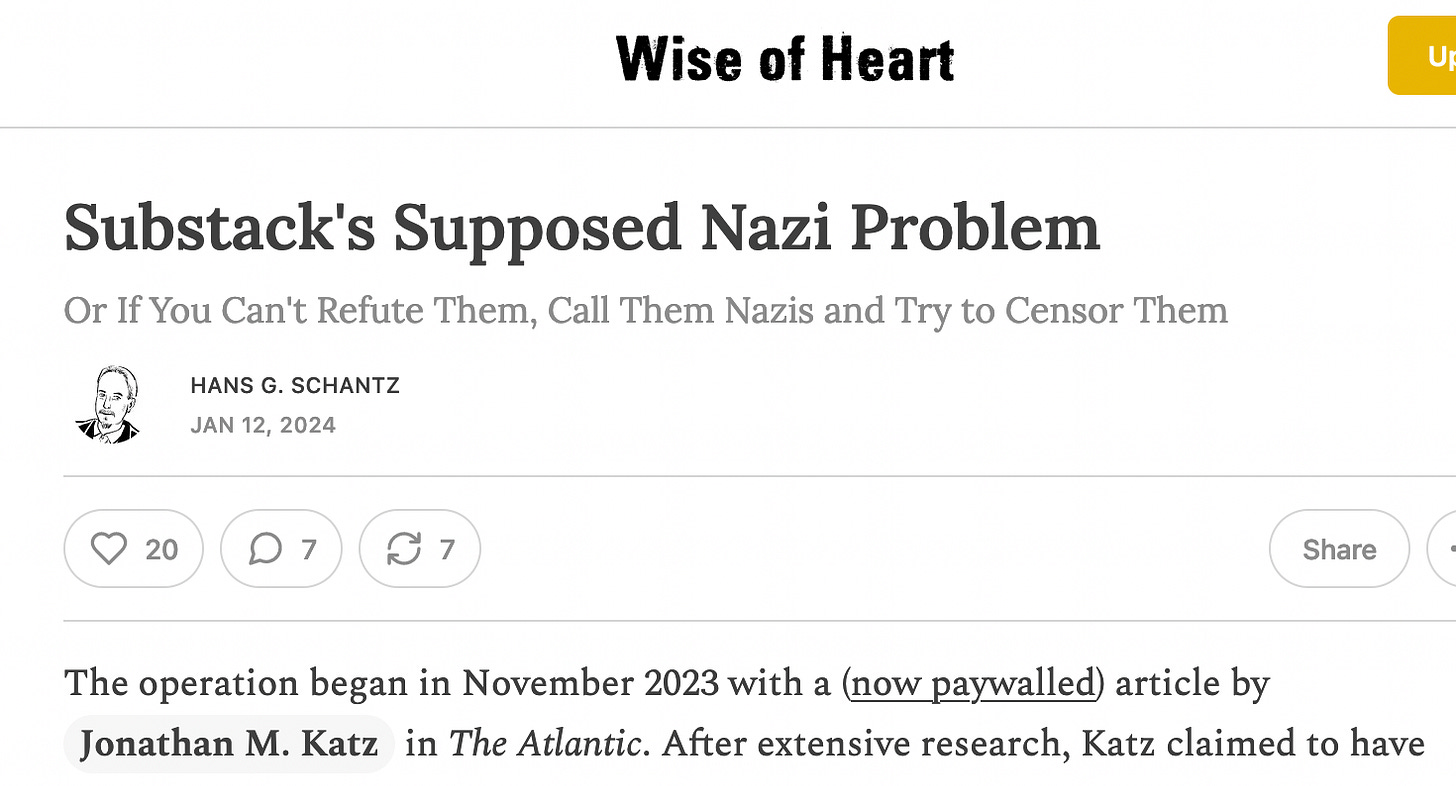







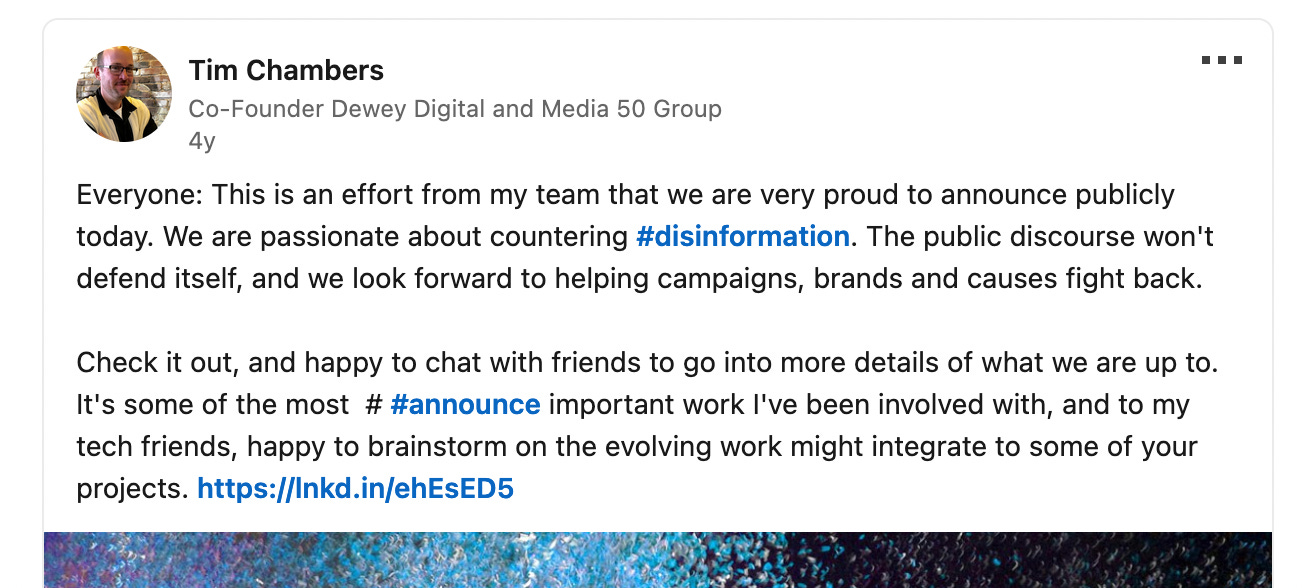
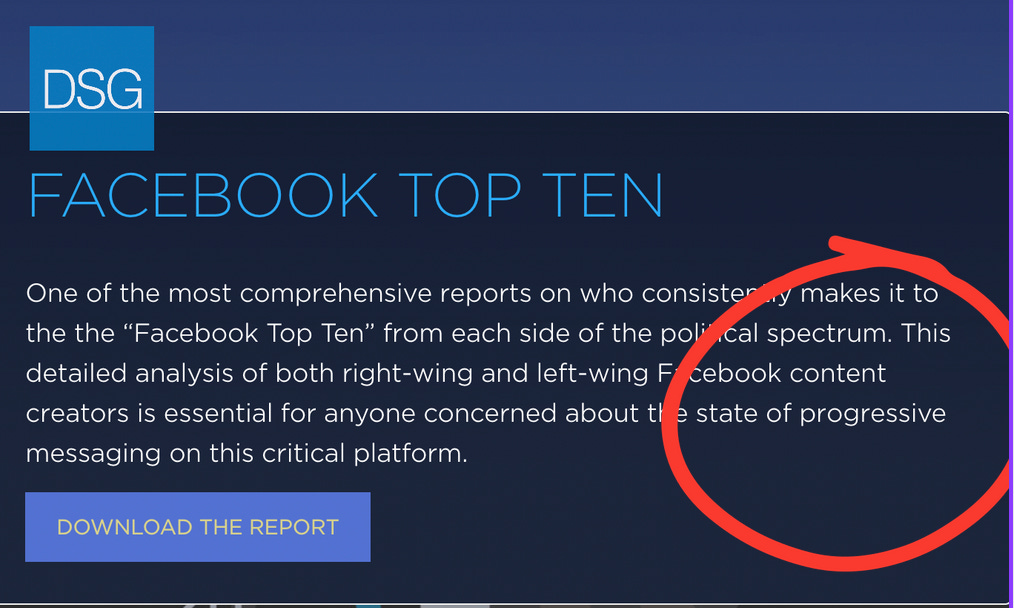
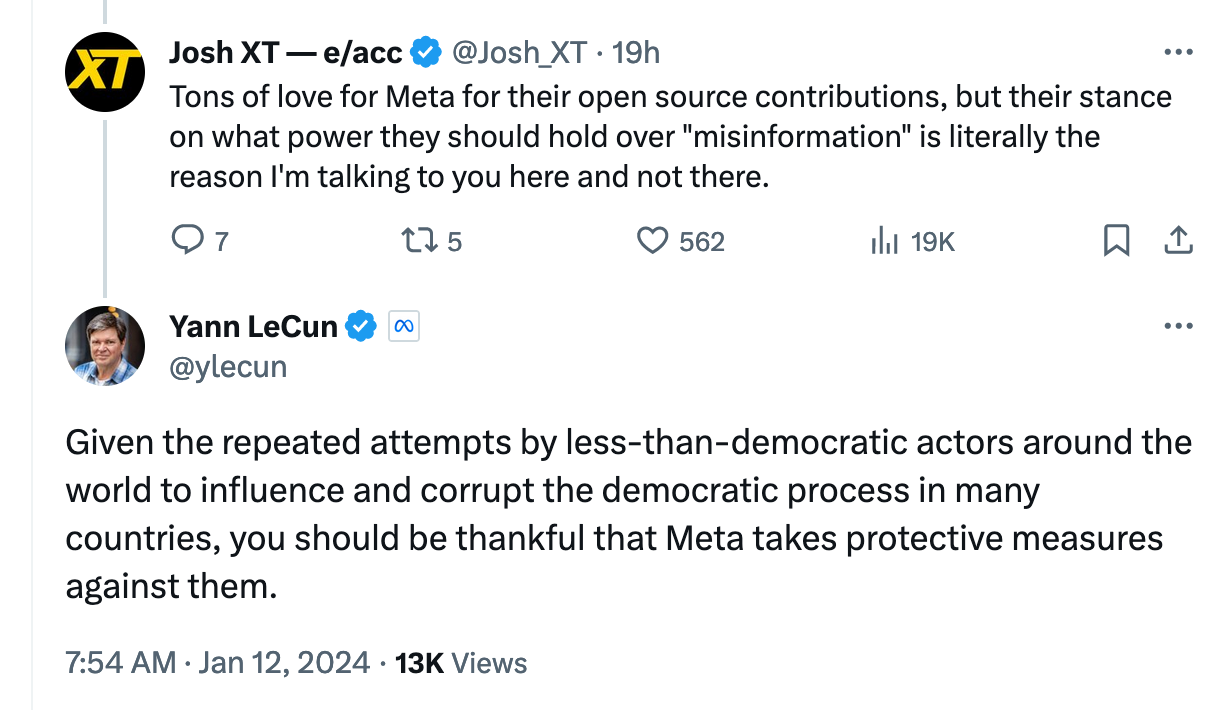
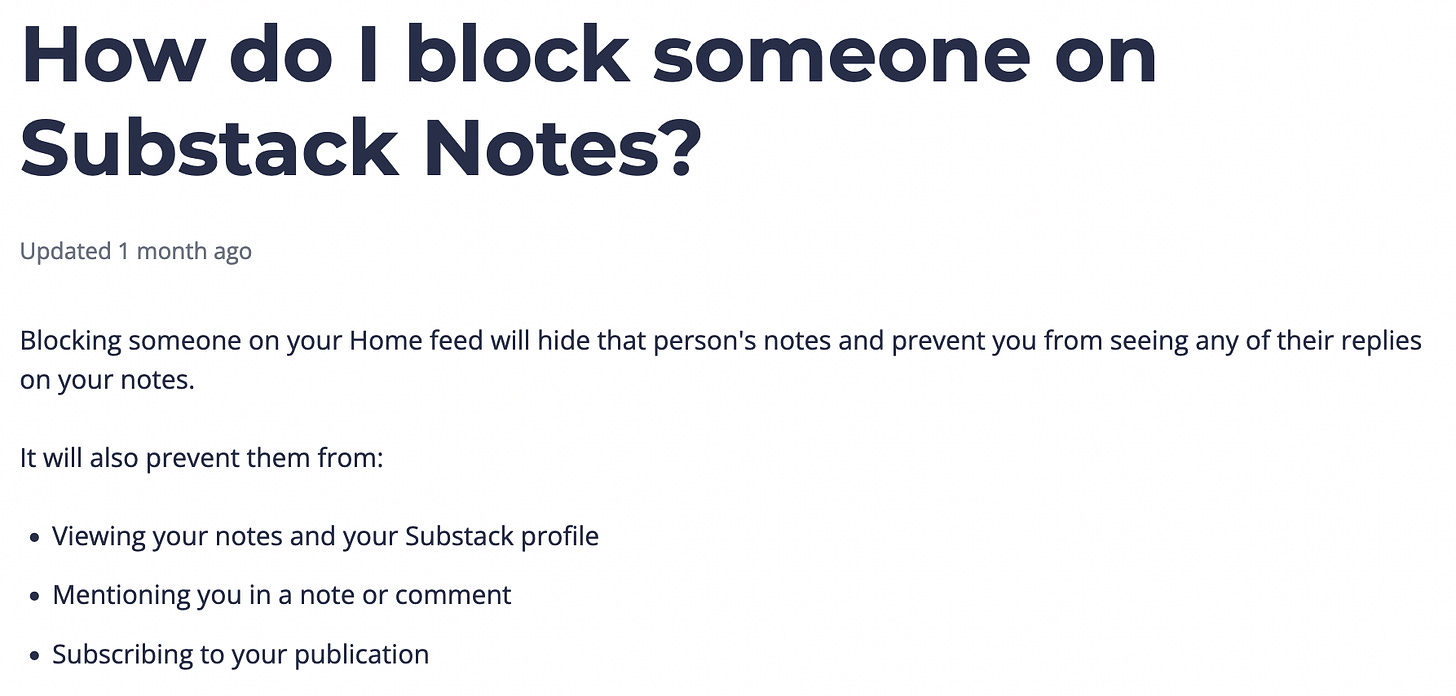
The World Wide Web's course correction
https://tomg2021.substack.com/p/the-world-wide-webs-course-correction
A new Web for more privacy...
https://tomg2021.substack.com/p/a-new-web-for-more-privacy
Is the World Wide Web Foundation Aiming for Technocracy?
https://tomg2021.substack.com/p/is-the-world-wide-web-foundation